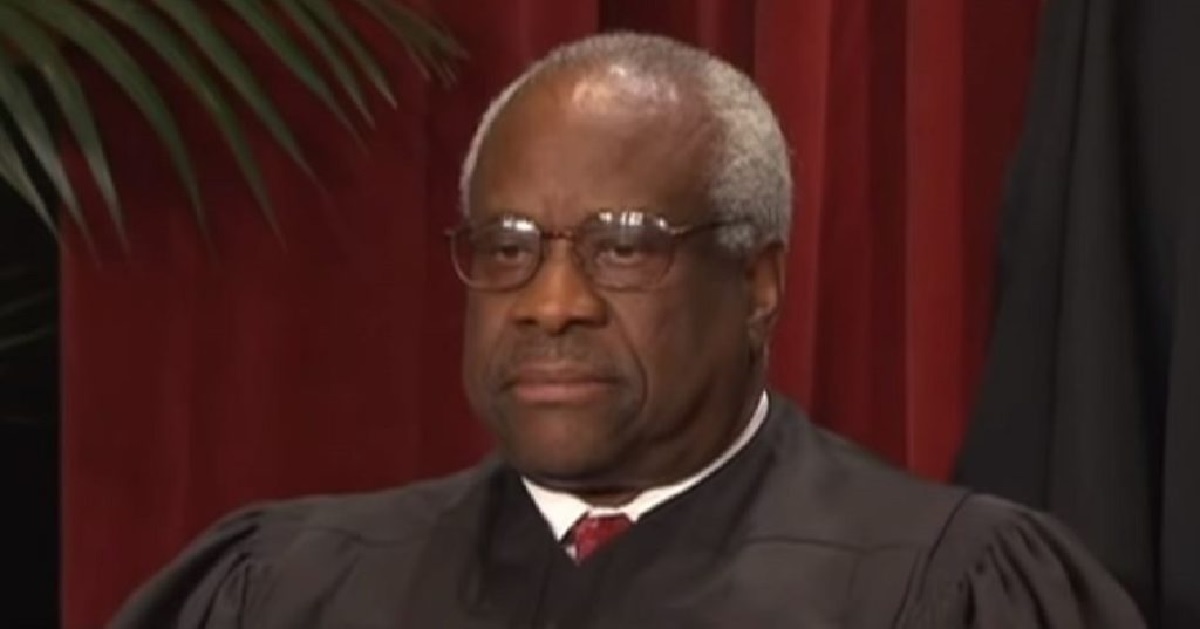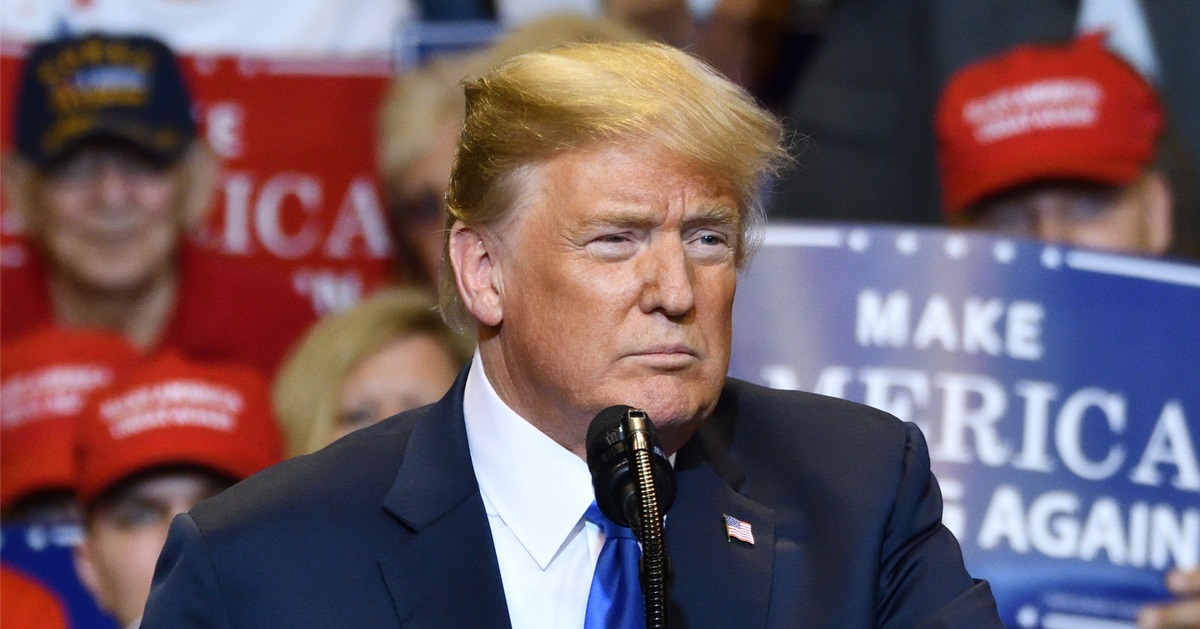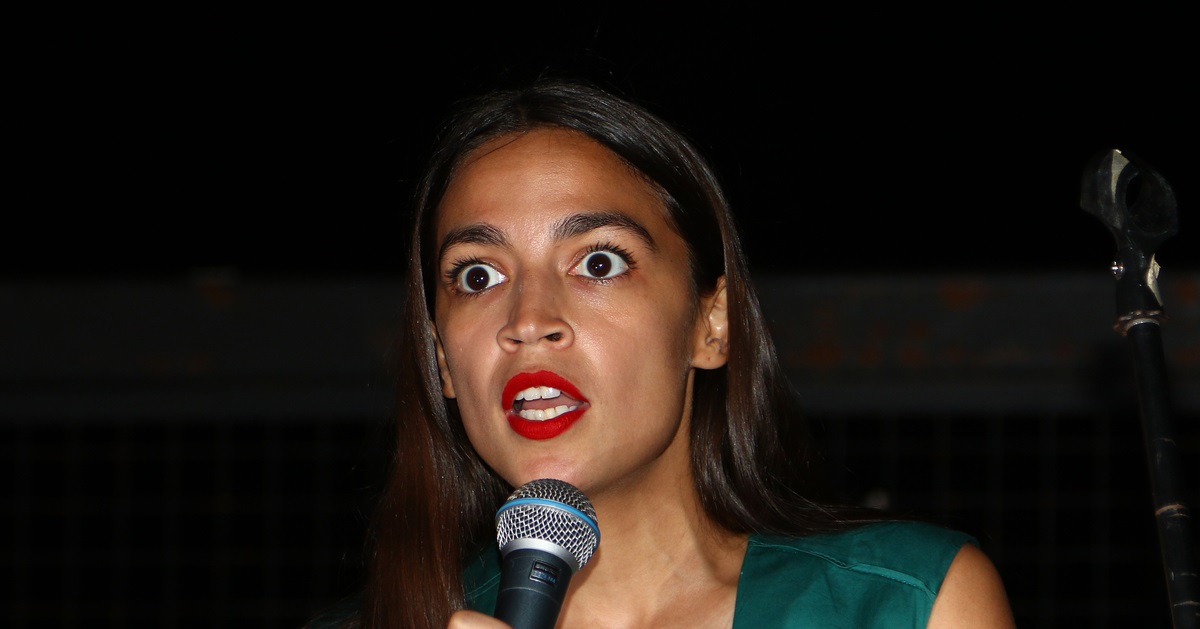Trump urges pause in proceedings of classified documents case following Supreme Court's immunity ruling
When the Supreme Court issued its ruling on presidential immunity, that decision put a damper on Special Counsel Jack Smith's 2020 election-related criminal prosecution of former President Donald Trump in Washington D.C.
Now Trump and his attorneys are attempting to apply that immunity ruling to Smith's classified documents case against Trump in Florida with a request for an indefinite pause to the proceedings while the issue is addressed, according to the Associated Press.
They also highlighted the musings of Justice Clarence Thomas' concurring opinion to the immunity ruling that called into question the legality of Smith's initial appointment as special counsel and the funding that office receives.
SCOTUS outlines presidential immunity from prosecution
On Monday, in a 6-3 majority opinion authored by Chief Justice John Roberts, it was determined that all presidents enjoy absolute immunity from prosecution for their core constitutional powers and presumptive immunity for their "official acts," but have no protection from prosecution for "unofficial" or private acts that aren't part of their duties in office.
Roberts also specified in the ruling that non-prosecutable "official acts" couldn't be used by prosecutors as evidence to support prosecutions for "unofficial acts," as that would allow a prosecutor to "do indirectly what he cannot do directly -- invite the jury to examine acts for which a President is immune from prosecution to nonetheless prove his liability on any charge."
Justice Thomas concurred with the majority's ruling but separately addressed the issue of the legality of Special Counsel Smith's initial appointment and funding -- an issue that Trump and others have previously raised but has not yet been fully resolved.
Proceedings should be paused while immunity issue is settled
In a 10-page motion filed on Friday, attorneys for former President Trump cited the Trump v. U.S. immunity ruling as necessitating "a partial stay of further proceedings -- with the exception of the pending gag-order motion -- until President Trump’s motions based on Presidential immunity and the Appointments and Appropriations Clauses are resolved."
"Resolution of these threshold questions is necessary to minimize the adverse consequences to the institution of the Presidency arising from this unconstitutional investigation and prosecution," Trump's attorneys wrote. "A partial stay is also appropriate to prevent further exploitation of judicial institutions and resources by Executive Branch personnel in connection with the shameful ongoing lawfare campaign."
The pause on proceedings until the immunity issue was settled was also necessary because, as Chief Justice Roberts asserted, "questions about
whether the President may be held liable for particular actions, consistent with the separation of powers, must be addressed at the outset of a proceeding."
Tackling Smith's questionable appointment and funding
In addition to the immunity issue, Trump's attorneys also requested a pause on proceedings in the classified documents case until the previously raised issue of Special Counsel Smith's appointment and funding were fully resolved.
The motion pointed to Justice Thomas' concurrence, in which he wrote, "If this unprecedented prosecution is to proceed, it must be conducted by someone duly authorized to do so by the American people. The lower courts should thus answer these essential questions concerning the Special Counsel’s appointment before proceeding."
Further, it was reasoned that a partial stay of the proceedings would align with the Justice Department's unwritten rule to avoid any appearance of election interference by refraining from engaging in certain law enforcement and prosecutorial acts in the final months before an election.
Case should be dismissed, but these issues should be resolved first
"In conclusion, President Biden’s lawfare confession, the government’s recent leaks, and the underlying details will require dismissal of the Superseding Indictment for multiple reasons, including selective and vindictive prosecution, prosecutorial misconduct, and violations of the Fourth Amendment, due process, and the attorney-client privilege, among other rights," Trump's attorneys wrote.
"For purposes of this motion, however, our request is a modest one," they added. "The Court should resolve the threshold questions identified in Trump relating to Presidential immunity and the Appointments Clause, as well as the related issues presented in the Appropriations Clause motion, prior to addressing the other numerous problems with this case."






